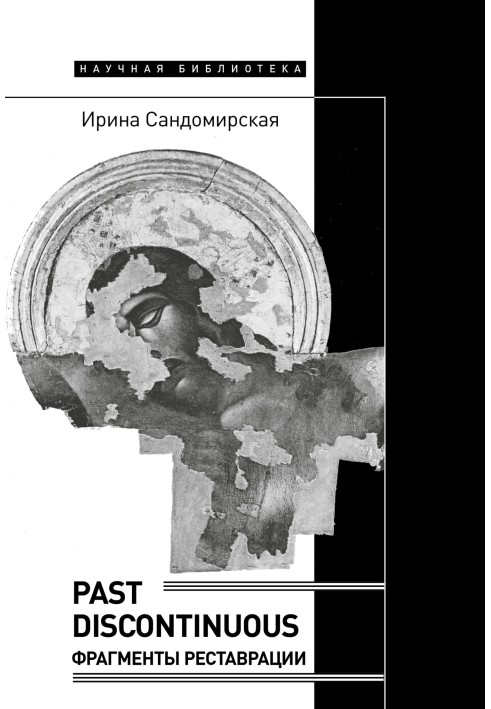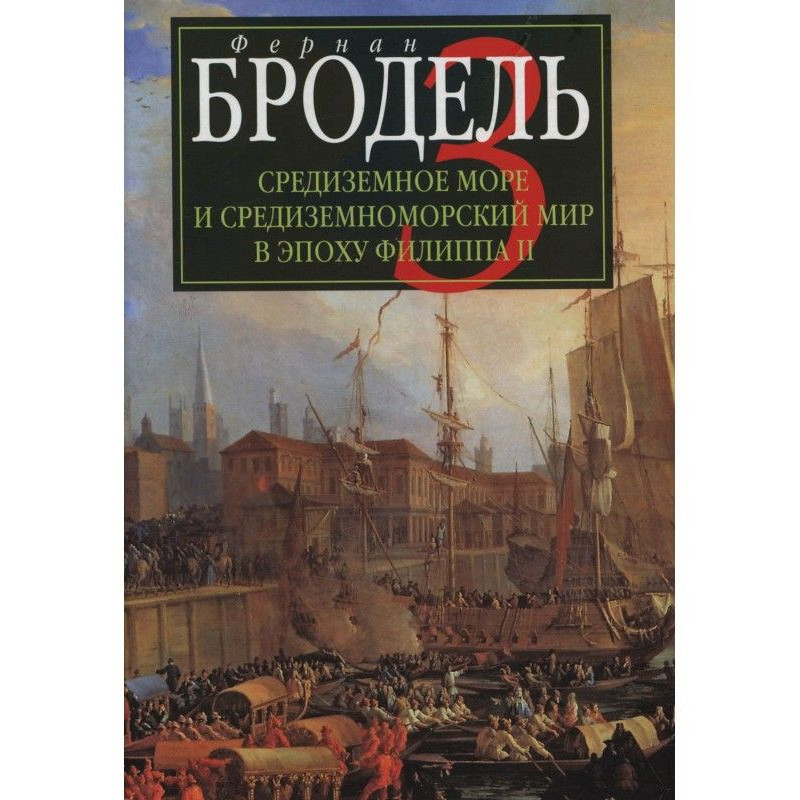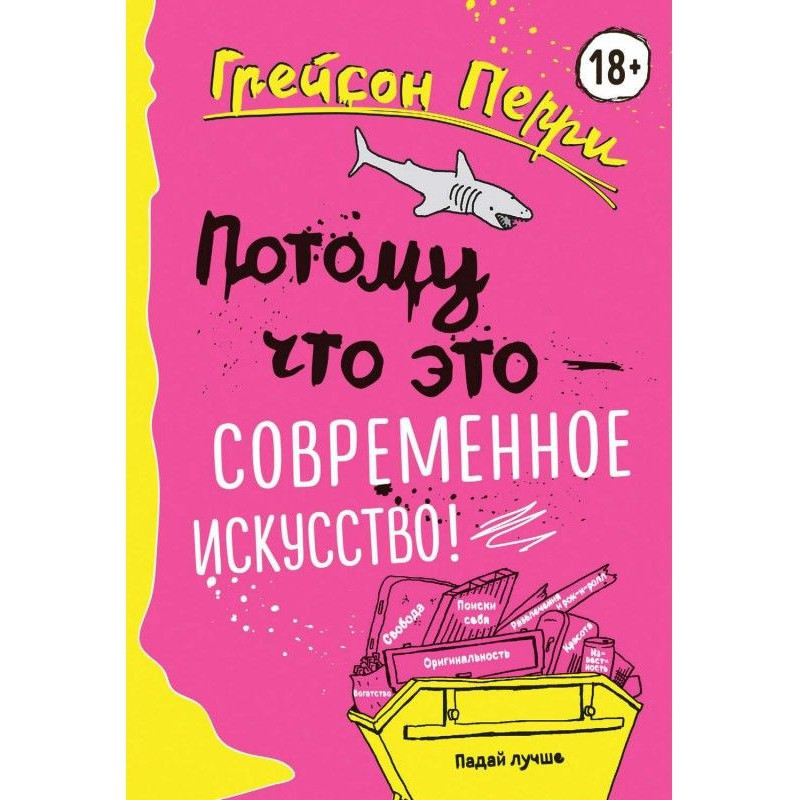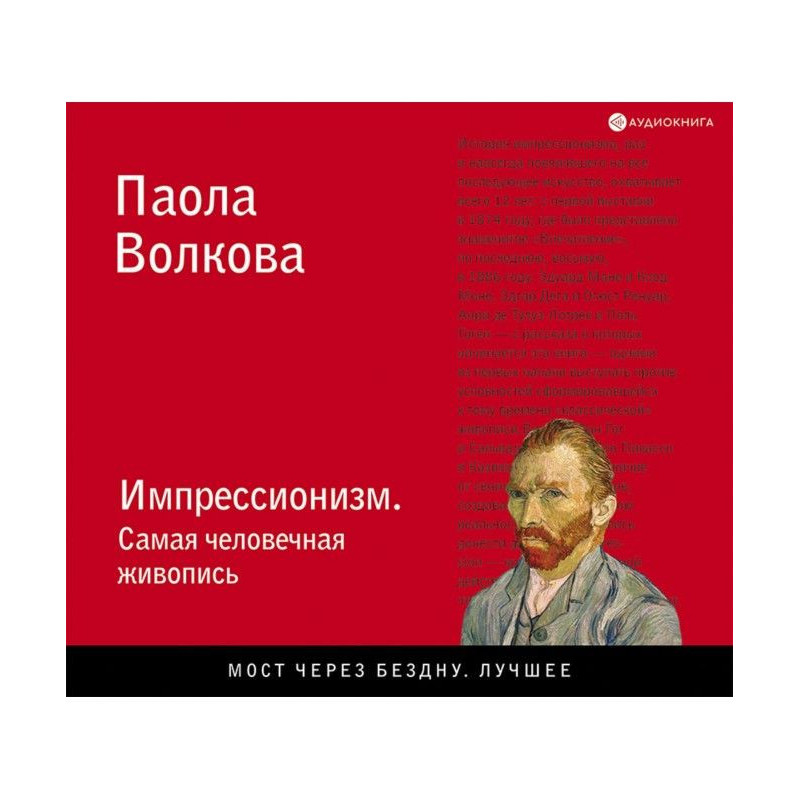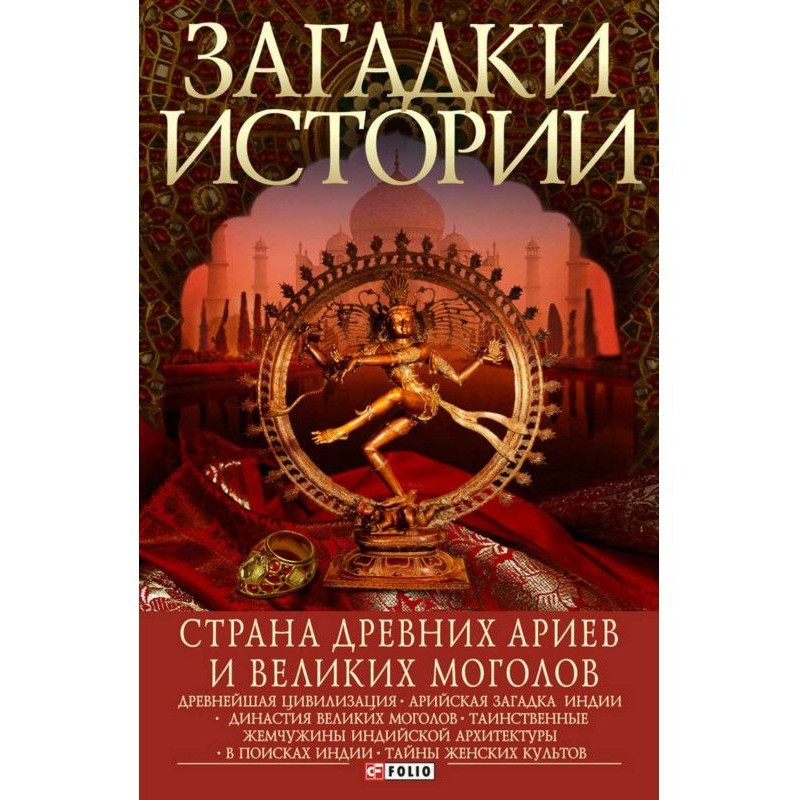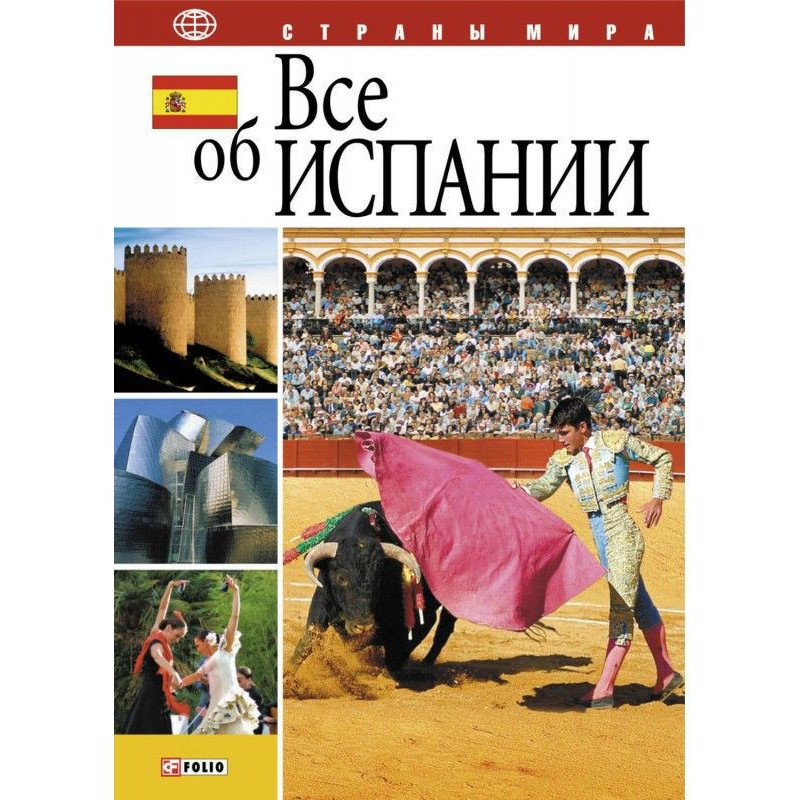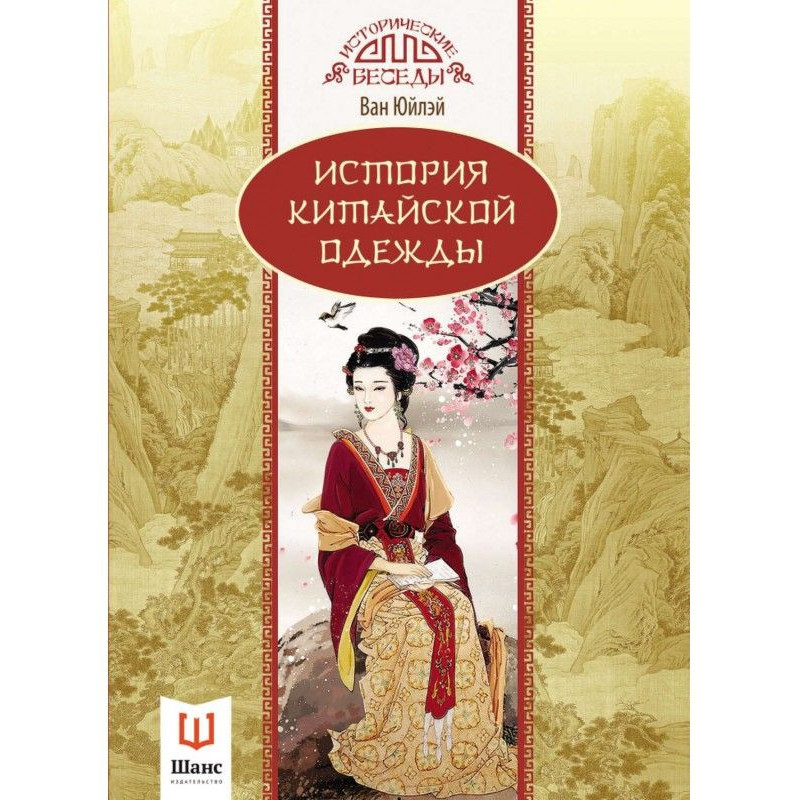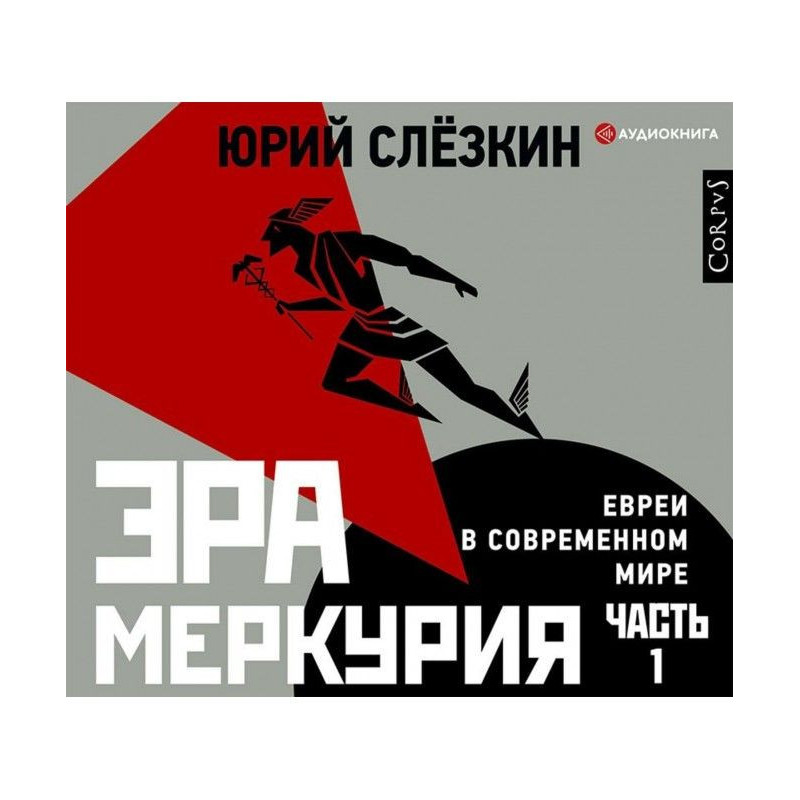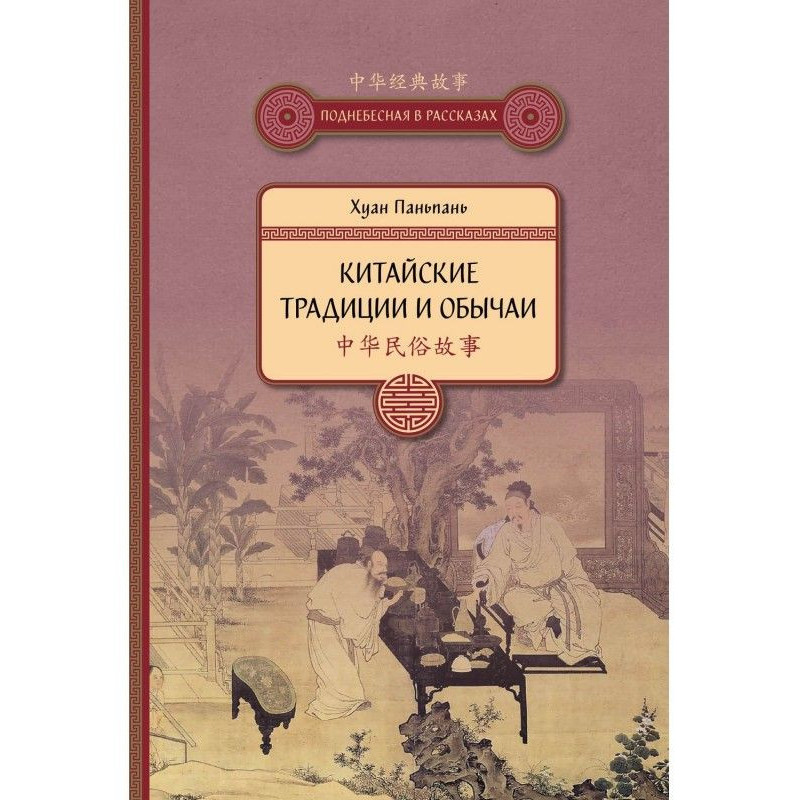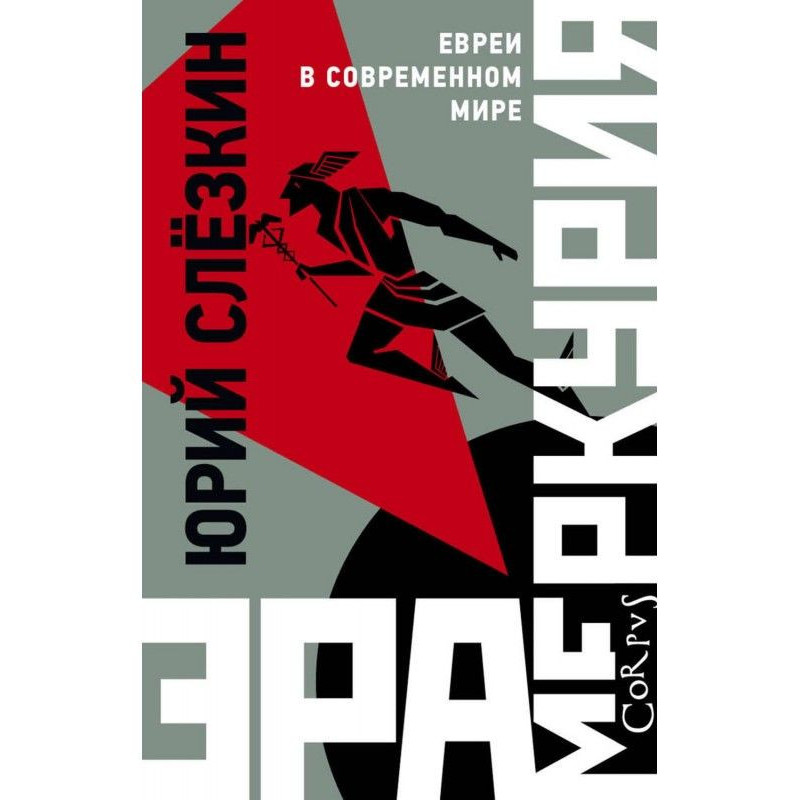Past discontinuous. Fragments of restoration
 Instant download
Instant download
after payment (24/7)
 Wide range of formats
Wide range of formats
(for all gadgets)
 Full book
Full book
(including for Apple and Android)
As faith in the future is lost and uncertainty in the present grows, the political significance and social value of the past increase. Along with the two main discourses - history and memory - there is a third form of transmission and existence of the past in the present. Irina Sandomirskaya proposes the concept of restoration for this category. her book explores restoration as a field of practical and strategic action involving state manipulation of the materiality and value of specific artifacts of the past, as well as the enrichment of their symbolic and material value in the present. What role do imagination and restoration practices play in the creation of national and imperial ideologies of history, mass conservation movements, and the commercialization of cultural heritage? What strategies for recreating the desired past did the Soviet restoration, in particular, use? and what are the insoluble contradictions between the protective desires of modern man - a subject of the era of total destruction - and the past that constantly eludes him? Irina Sandomirskaya is a professor at the University of Södertörn, a specialist in Soviet culture, and a candidate of philological sciences. winner of the Andrei Bely Prize for the book “Blockade in the Word. Essays on critical theory and the biopolitics of language."
Data sheet
- Name of the Author
- Ирина Сандомирская Ильинична
- Language
- Ukrainian
- Release date
- 2022
Reviews
Глибоке дослідження минулого та його значення в сучасному світі
Книга Ірини Сандомирської "Past Discontinuous. Фрагменти реставрації" є вражаючим дослідженням, яке піднімає важливі питання про роль минулого в нашому сьогоденні. Авторка майстерно аналізує, як політичні та соціальні чинники формують наше сприйняття історії, пам'яті та реставрації. Її концепція реставрації як практичної та стратегічної дії відкриває нові горизонти для розуміння того, як минуле може бути використане в сучасних ідеологічних контекстах. Книга спонукає читача задуматися над тим, як ми, як суспільство, обираємо, що зберігати та як це впливає на нашу ідентичність. Важливою є також критика радянської реставрації, яка показує, як маніпуляції з артефактами минулого можуть слугувати політичним цілям. Незважаючи на деякі недоліки в перекладі, які незначно впливають на сприйняття тексту, книга є справжнім скарбом для всіх, хто цікавиться культурною спадщиною, історією та її впливом на сучасність. Рекомендую цю книгу всім, хто прагне глибше зрозуміти складні взаємозв'язки між минулим і теперішнім.

